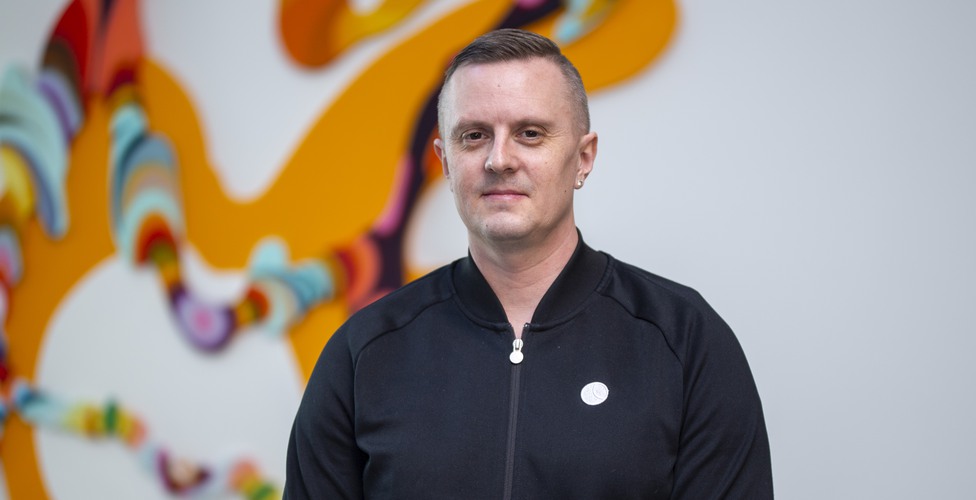When the amount of data and the use of Business Intelligence (BI) increases within an organisation, the BI Specialists do not have time to cover the needs of the business and the users. Self-Service Business Intelligence (SSBI) is a new trend that helps employees use BI on their own, saving both resources and time. Christian Lennerholt, PhD Student in Informatics, has with his research developed a framework and identified success factors that increase the chances of a successful SSBI investment.

Christian Lennerholt, PhD Student in Informatics, has with his research developed a framework and identified success factors that increase the chances of a successful SSBI investment.
In traditional Business Intelligence, it is common for technical BI users to serve BI solutions to non-technical users. When the data volume and frequency of use of BI increases, the technical users do not have time to meet everyone's needs.
Self-Service Business Intelligence is a relatively new trend that addresses the problem by allowing employees to use BI, without the help of a BI Specialist. The goal is to facilitate the use of BI by letting all users perform their analyses themselves. Allowing users to access and use data on their own reduces the time it takes to use BI. At the same time, the pressure on the IT Department decreases because the BI Specialists do not have to provide support to the users.
More time efficient
SSBI enables organisations to make time-critical decisions without having to wait for BI reports, which can usually take weeks or months to complete. Organisations save resources, since the employees can work more efficiently and in a more independent way.
“Although SSBI offers several advantages over traditional BI, many organisations still find it difficult to implement and use SSBI. The process is not simple and there is no clear plan for how the benefits of SSBI will be achieved. The goal of my thesis is therefore to facilitate the implementation and use of SSBI,” says Christian Lennerholt.
Framework and success factors
Christian Lennerholt has with his research formulated two objectives, to achieve the main aim. The first objective identifies the challenges that organisations face when using SSBI. For that objective, the framework "AQUIRE" has been created. AQUIRE contains 37 SSBI challenges that have been identified and organised into five categories: access and use of data, data quality, user self-sufficiency, report creation, and training.
The second objective identifies success factors for how to respond to and manage the challenges SSBI brings with it. Christian Lennerholt has identified nine success factors, and also describes how the factors can be applied over time in the form of guidelines and recommendations.
“If organisations use the results I developed, they will be better prepared for their SSBI journey. It is better to be prepared and able to plan than to deal with unforeseen and sudden problems during the journey. The AQUIRE framework and its 37 challenges, as well as the success factors, in combination with all guidelines, facilitate the implementation and use of SSBI and increase the chances of a successful SSBI venture.”
Will continue researching SSBI
Christian Lennerholt believes that the challenges that exist today can be minimised within a ten-year period. The plan is to continue researching the guidelines, to make it easier for organisations in the future as well.
“I am really passionate about SSBI as its advantages are heaven compared to traditional BI. Simplifying the use of SSBI is something I feel strongly for. Therefore, it becomes natural for me to continue to conduct research in the field. It would also be exciting to follow an organisation from the beginning of their SSBI journey, where results from my research are used and studied further.”
Christian Lennerholt will be defending his thesis “Facilitating the Implementation and Use of Self-Service Business Intelligence” at the University of Skövde on Thursday May 5.

